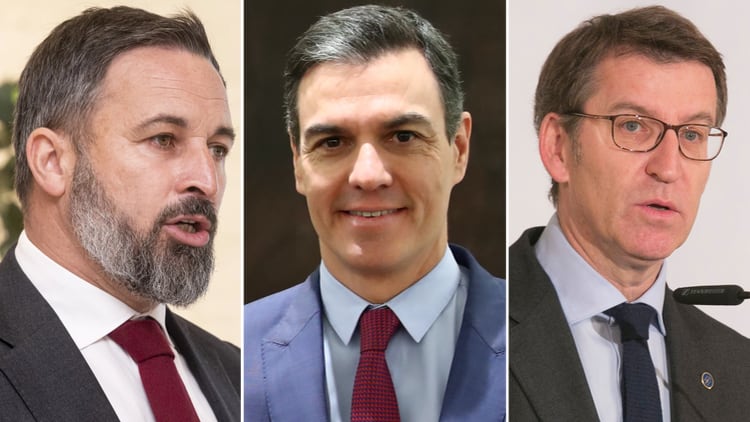Eduardo González
The Minister of Foreign Affairs, José Manuel Albares, will meet today in Brussels with his counterparts from the Member States of the European Union to analyze, among other issues, Russia’s aggression against Ukraine, the situation in the Sahel and various current affairs, especially Iran, Venezuela and Afghanistan.
The Foreign Affairs Council meeting, which will be chaired by the EU High Representative for Foreign Affairs and Security Policy and Vice-President of the European Commission, Josep Borrell, will begin with an analysis of various current issues.
According to the agenda, one of the most prominent topics will be the situation in Iran (already discussed at the December meetings of the Foreign Affairs Council and the European Council), marked by ongoing repression, executions of demonstrators and continued disregard for human rights. The Council is expected to adopt new sanctions against individuals and entities in connection with human rights violations.
Ministers will also discuss Armenia and Azerbaijan and the establishment of a new civilian Common Security and Defense Policy mission in Armenia, as well as news from Afghanistan about the banning of women from universities and the suspension of women’s work in non-governmental organizations.
Another important topical issue will be Venezuela. Specifically, Borrell will brief the Council on the latest political developments in the country, in particular the decision of the National Assembly to dissolve the interim government headed by Juan Guaidó and the resumption, last November in Mexico, of negotiations between the opposition and the government of Nicolás Maduro.
Juan Guaidó, the opposition leader who came to count since January 2019 with the recognition of more than half a hundred countries (including the United States and Spain) as president in charge of Venezuela, was removed from the post of president of the National Assembly earlier this month, after this same body (controlled mostly by the opposition to Maduro) approved at the end of 2022 the dissolution of the interim government.
Since then, the Assembly has been presided over by Dinorah Figuera, also an opposition candidate, who has requested “protection guarantees” from the Spanish government in view of the arrest warrant issued against her by the Maduro regime. Spain and other EU countries have decided to upgrade their representation in Caracas to ambassadorial level after the recent resumption of the dialogue between the Government and the opposition, which had been stalled for more than a year.
Ukraine and the Sahel
The foreign ministers will also exchange views today on the latest developments in the war in Ukraine and discuss issues such as military support under the European Peace Facility, accountability for Russian crimes, sanctions against Moscow, and food and energy security. Beforehand, the ministers will hold a videoconference with their Ukrainian counterpart, Dmytro Kuleba, who will brief them on the situation on the ground, Ukraine’s current priorities and the ten-point peace plan. The European Union plans to hold an EU-Ukraine summit on February 3.
Subsequently, the European foreign ministers will address the situation in the Sahel, with a particular focus on the deteriorating political, security and humanitarian situation in the region and the spread of this problem to the more northern regions. The ministers are also expected to discuss EU support to West African coastal states, based on the “integrated approach”, which links the reinforcement of security with economic development.
During a working lunch, EU Foreign Ministers will hold an informal exchange of views with Palestinian Prime Minister Mohammad Shtayyeh, with whom they will review the state of bilateral relations and discuss the situation on the ground, the prospects for the Middle East Peace Process in the light of recent political developments and the Palestinian national elections.







